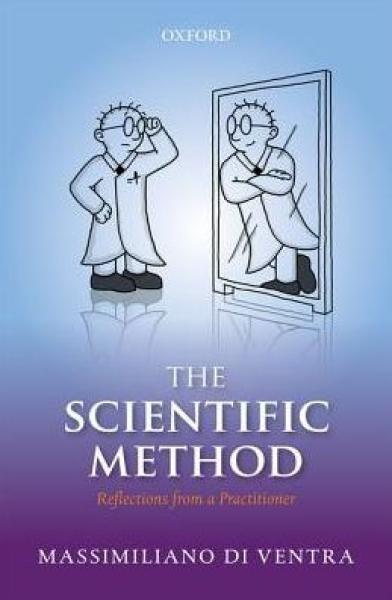Description
This collection of personal reflections on the scientific methodology shows the observations and daily uses of an experienced practitioner. Massimiliano Di Ventra also examines the limits of science and the errors we make when abusing its method in contexts that are not scientific, for example, in policymaking. By reflecting on the general method, the reader can critically sort through other types of scientific claims, and judge their ability to apply it in study and in practice.
Science students should read this book early in their studies and learn to apply it to their coursework. It is short enough to use as a companion book and should lead to useful discussions about the nature of science and its practice. This work would also complement a course in the philosophy of science or even the history of science... Summing Up: Highly Recommended. -- CHOICE
The author explores the role of observation and experimentation, hypothesis, theory, and competing theories in the scientific process. Science students should read this book early in their studies and learn to apply it to their coursework. This work would also complement a course in the philosophy of science or even the history of science. -- Professor Devon B. Mason, Albright College
This is a timely book in an era of fake news and pseudoscience. --Nature Astronomy
Such a short book, with its clear takeaway messages, is needed. -- John R. Helliwell, JJournal of Applied Crystallography
Product Details
- Oxford University Press, Brand
- Oct 1, 2018 Pub Date:
- 0198825625 ISBN-10:
- 9780198825623 ISBN-13:
- 128 Pages
- 6.8 in * 5.1 in * 0.3 in Dimensions:
- 0 lb Weight:




